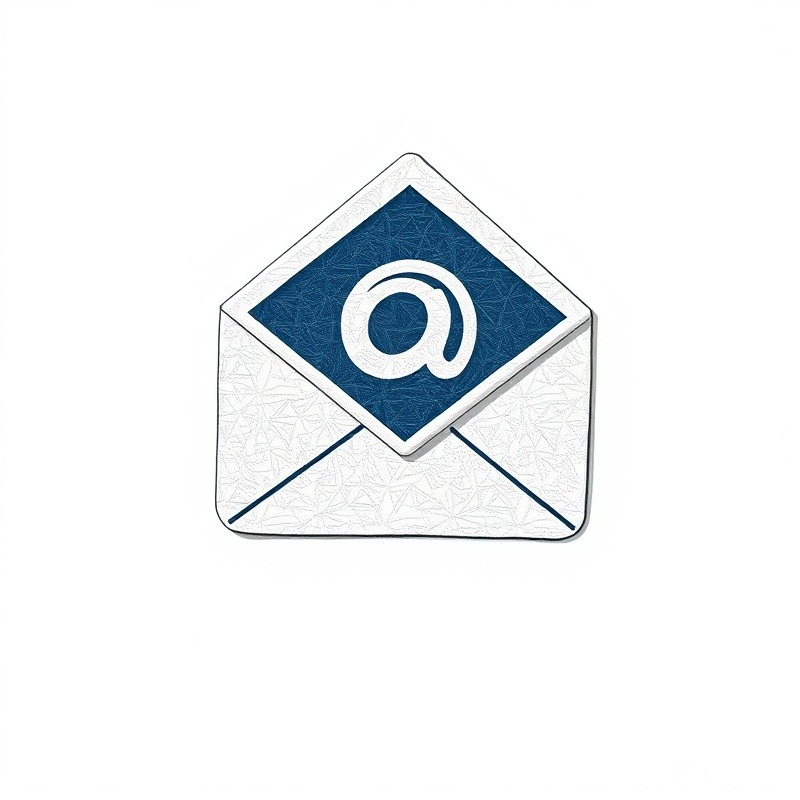In the world of healthcare, patient-doctor relationships are fundamental to providing quality care and fostering positive outcomes. Building trust and promoting loyalty among patients is essential for medical practices looking to establish long-term relationships and improve patient satisfaction. In this article, we'll explore the importance of patient-doctor relationships, the benefits of using email for patient communication, strategies for establishing trust and loyalty through email communication, crafting effective email messages, personalizing email communication, and concluding with key takeaways.

The importance of patient-doctor relationships in medical practice
Patient-doctor relationships form the foundation of healthcare delivery, serving as the cornerstone of effective communication, shared decision-making, and patient-centered care. Establishing trust, empathy, and rapport with patients is crucial for fostering open dialogue, addressing concerns, and ensuring patients feel valued and respected throughout their healthcare journey.

Benefits of using email for patient communication
Email communication offers numerous benefits for medical practices seeking to engage with patients.

How to establish trust and loyalty through email communication
Establishing trust and loyalty through email communication requires a thoughtful and patient-centered approach. Firstly, practices should ensure that all email communications are clear, concise, and easy to understand, avoiding medical jargon or complex language that may confuse patients. Secondly, practices should demonstrate empathy and understanding in their email communications, acknowledging patients' concerns and addressing them with compassion and professionalism. Finally, practices should prioritize transparency and honesty in their email communications, providing accurate information and addressing patients' questions or concerns.

Crafting effective email messages for patients
Crafting effective email messages involves careful planning and consideration of patients' needs and preferences. Practices should begin by identifying the purpose of the email and determining the key message they want to convey. From there, practices can use a clear and engaging subject line to capture patients' attention and encourage them to open the email. The body of the email should be well-organized, with important information presented prominently and any action items clearly outlined. Additionally, practices can enhance the effectiveness of their email messages by including visually appealing graphics, relevant links, and calls to action that prompt patients to take specific actions.

Personalizing email communication for better patient engagement
Personalizing email communication is key to fostering patient engagement and building stronger relationships. Practices can personalize email communications by addressing patients by name, tailoring content to their specific needs and interests, and segmenting their email lists based on demographic information or past interactions.
By delivering relevant and timely information that resonates with individual patients, practices can increase engagement, enhance patient satisfaction, and promote loyalty over time.
In conclusion, email marketing offers medical practices a powerful tool for establishing trust and promoting loyalty among patients. By recognizing the importance of patient-doctor relationships, leveraging the benefits of email communication, implementing strategies for establishing trust and loyalty, crafting effective email messages, and personalizing email communication, practices can effectively engage with patients, improve patient satisfaction, and ultimately achieve better health outcomes. As medical practices continue to embrace digital marketing strategies, email marketing will remain a valuable resource for building meaningful connections and fostering patient loyalty in the ever-evolving healthcare landscape.
 Add Row
Add Row  Add
Add 




Write A Comment